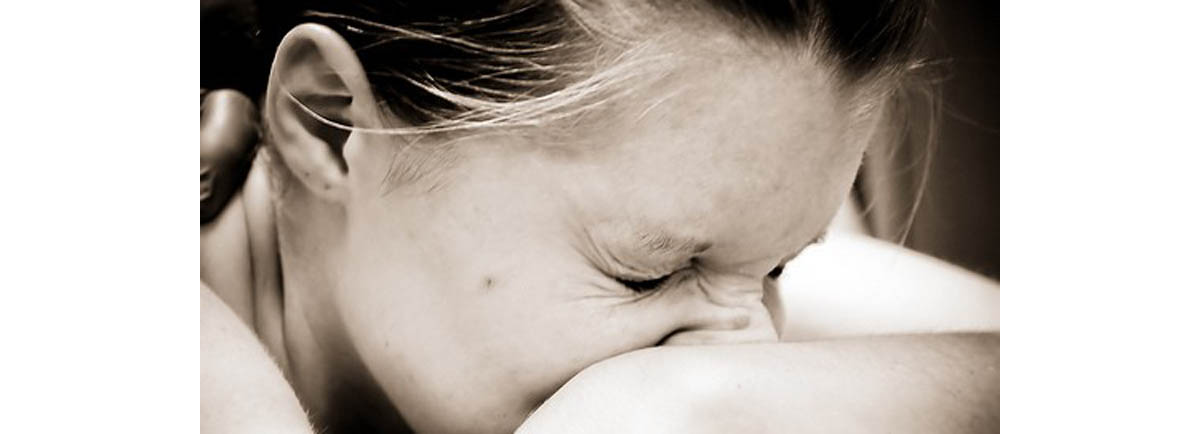Table of Contents
Despite the seemingly rather prevalent belief that women handle pain better than men, historically, men were expected to be tough and strong, while women were expected to be more vocal about any pain they were experiencing. Such attitudes actually still exist today. The Gender Role Expectations of Pain (GREP) study found that both men and women expect women to be more sensitive to pain, more likely to report it, and less able to cope with it. Yet another study revealed that women believed talking about their pain openly to be more acceptable than men — revealing that men don't necessarily experience less pain, they're just less likely to admit it.
It is, therefore, rather hard to find out whether one sex is actually more tolerant of pain than another — no matter where in the world we find ourselves, we live in a society where men and women aren't socialized in the same way, and the same holds true for every society that came before ours.

Is Women's Pain Taken Less Seriously?
"Women report more severe levels of pain, more frequent incidences of pain, and pain of longer duration than men, but are nonetheless treated for pain less aggressively", one paper noted. It's true — while men visiting an Emergency Room in the US wait an average of 49 minutes before being given painkillers for acute abdominal pain, their female counterparts have to wait, on average, 65 minutes. They're also given opioid pain relief up to 25 percent less often, and another study shows that female cancer patients were much less likely to receive adequate care for their pain.
READ Top 10 Natural Painkillers
Perhaps even more shockingly, a 2001 study showed that women who looked more physically attractive had a significantly lower chance of being taken seriously when they reported they were in pain.
What Now?
The bottom line, then, is that pain research is still an emerging field. Interesting discoveries are being made all the time, discoveries such as, for instance, the finding that kappa-opioid medications work better for women than they do for men. As research continues, pain relief may be tailored to a person's sex and pain will be treated more effectively. However, it is all of us, as a society, who have to tackle discriminatory and outdated notions — whether they are that men are wimps, or that women are whiners.
- Photo courtesy of cosmic_bandita: www.flickr.com/photos/cosmic_bandita/3699832401/
- Photo courtesy of poldavo: www.flickr.com/photos/poldavo/1278852331/
- www.medicinenet.com/script/main/art.asp?articlekey=51160
- www.ncbi.nlm.nih.gov/pmc/articles/PMC3293998/#S8title
- www.ncbi.nlm.nih.gov/pmc/articles/PMC2677686/#S40title
- www.webmd.com/pain-management/chronic-pain-conditions
- www.independent.co.uk/life-style/health-and-families/health-news/man-flu-is-real-scientists-say-men-have-weaker-immune-systems-9801301.html
- onlinelibrary.wiley.com/doi/10.1111/j.1553-2712.2008.00100.x/pdf


Your thoughts on this